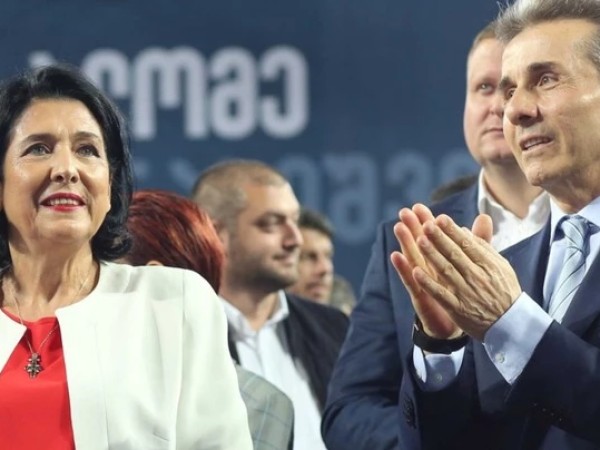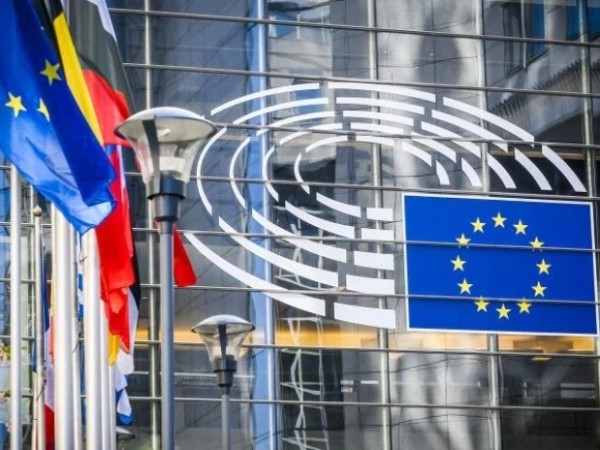Parliamentary elections in Georgia have brought victory for Bidzina Ivanishvili, a billionaire oligarch who made his fortune in Russia. His ruling party is arousing concern in the US and its allies with controversial actions on foreign investment projects in Georgia which appear calculated to undermine western interests, The Financial Times reports.
In this way, the Georgian vote sets the stage for intensified and potentially dangerous rivalry among outside powers in the south Caucasus, a region set ablaze in recent weeks by fighting between Armenia and Azerbaijan.
Like its neighbours, Georgia sits on a geopolitical faultline between west and east. The area’s fragile political conditions, no less than its importance as an energy transit route and as a hub between European and Asian markets, are sucking in China, the EU, Iran and Turkey as well as Russia and the US.
The focus of attention is Mr Ivanishvili, who is Georgia’s wealthiest individual, having made his money in metals and banking after the Soviet Union’s collapse in 1991. Georgian Dream, the party he founded and funds, has governed the country since 2012. It won on Saturday with 48 per cent of the vote. Opposition parties challenged the integrity of the election, which independent foreign observers judged to be competitive but partly flawed.
Now the question is the use to which Mr Ivanishvili will put Georgian Dream’s victory. He served as prime minister in 2012-13 but prefers nowadays to wield power from behind the scenes. Western governments and investors are in little doubt that he played a part this year in two investment decisions that jeopardise the alignment with the US and EU that Georgia sought after its pro-western Rose Revolution of 2003.
The first was Georgia’s cancellation in January of a project to build what would be its first deep-sea port, at Anaklia on the Black Sea. The project has enjoyed strong support from the US and European governments but encountered opposition from Russia. In 2008, the Kremlin dismembered Georgia after a short war that left it in control of two regions — Abkhazia, just north of Anaklia, and South Ossetia.
Mike Pompeo, US secretary of state, summed up the west’s interest in the Anaklia project when he asserted last year that it would limit Russian and Chinese economic influence in Georgia. “These imaginary friends are not driven by good intentions,” he said.
The second action concerns a planned fibreoptic network to connect Europe and Asia through Georgia and Azerbaijan. Western investors have been closely involved in this project, which would be the digital equivalent of the Baku-Tbilisi-Ceyhan oil pipeline that became operational in 2006, sending Caspian Sea oil to western markets.
Since July, Georgia’s authorities have piled pressure on Caucasus Online, a western-backed consortium that plans to build the new digital network. In particular, a government-appointed manager now has the authority to dismiss board directors at Caucasus Online. These measures have prompted a US House of Representatives subcommittee to propose cutting funds for Georgia unless it protects foreign businesses against harassment. As with the port at Anaklia, Russia is determined not to allow western control of the digital network. By taking aim at western investment projects in Georgia, Mr Ivanishvili appears to be yielding to the Kremlin.
Undeniably, Georgia faces hard choices. In many ways, the country has lived in Moscow’s shadow since its annexation by the tsarist empire in 1801. Yet the west backs the independence that Georgia has enjoyed since 1991 and China believes it has interests at stake there, too. It is safe to conclude that a new round of competition for influence in Georgia, and the South Caucasus as a whole, is getting under way.















